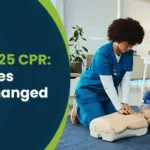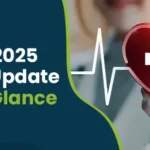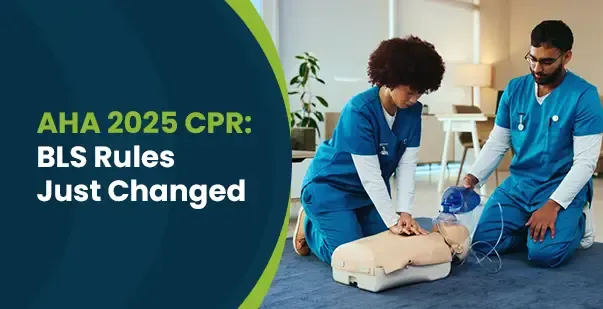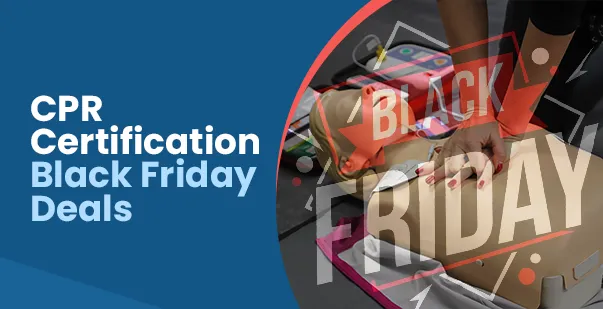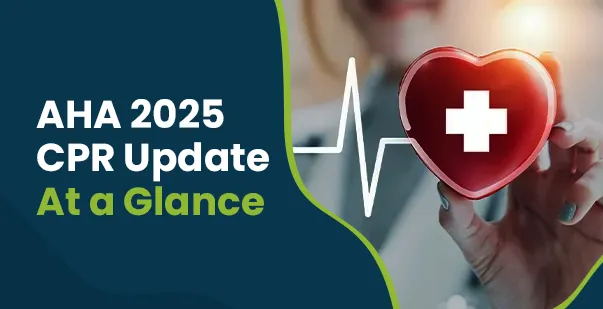A heart attack often comes with warnings for hours, days, or weeks before it eventually happens. Nausea, sweating, dizziness, and shortness of breath are some of the experiences that may come with a heart attack. Often, it comes with chest pain for at least 15 minutes, and in some cases, it may not show symptoms. You can get a CPR certificate online for knowledge on how to handle heart attack cases which include the following:
Dial Your Medical Emergency Line Or 911
It is dangerous to shun symptoms of a heart attack for more than five minutes. You should start reaching out for help by calling 911 or a medical emergency number immediately once you notice the symptoms. If for any reason, you can’t get through to any of the numbers, you should head straight to the nearest hospital. A friend or neighbor can drive you down to the hospital, driving yourself should be the last option. This is because it could be dangerous for you and other road users.
Use Nitroglycerin
If nitroglycerin had already been prescribed to them by the doctor, they should take it as directed. Let them take it immediately as soon as they notice the symptoms.
Take an Aspirin
If the patient is not allergic to aspirin, they can chew and swallow it. This should be after you have already called for emergency help.
Start CPR
If you are trying to save an unconscious person who is possibly having a heart attack, you can start cardiopulmonary resuscitation (CPR). In case you don’t have CPR training, it is recommended that you do mouth-to-mouth rescue breathing and chest compressions. You can do about 100 per minute. The emergency medical expert can direct you better on steps to take. You’d be an expert in this area if you get CPR online
certification
You Can Use An Automated External Defibrillator
The availability of AED should be a plus. If the person is unconscious, and there’s AED, you can start CPR as you prepare the device. Attach it and let it instruct you on what to do after it examines the condition of the person.
Here are some more tips to stay heart healthy:
Quit Smoking: Avoid smoking and this includes secondhand smoking. An experienced doctor can assist in quitting smoking
Regular Medical Checkups: Regular checkups will help one discover heart attack risk at an early stage.
Cholesterol and BP: Proper monitoring and control of BP and blood levels will improve heart health. The doctor can prescribe an adequate diet for this.
Others: Regular exercise, a healthy diet, and stress control are other things you need to keep for staying heart-healthy.
A healthy lifestyle can help one maintain a healthy heart. Also, if you can get CPR online certification, it will be a major advantage.
Being equipped with knowledge about heart attack symptoms can save your life or some else’s life when you least expect it. Get first aid and CPR certificate online to know more about this.
For more information, check out our CPR AED course overview or reach out to us at 1-888-277-7865.
